A
*a INTERJECTION = ah!, oh!

, . A, jega silssuhaenneyo. Oh, I made a mistake. a PARTICLE = vocative particle

, ! Soyeonga, iri wa! Soyoung, come here! NOTE : See the note on ya . *a ENDING = aseo = ending linking prime verbs/adjectives and auxiliary ones

. Nuneul gama bwa.
Close your eyes. NOTE : / / is attached to the stem of verbs/ adjectives. When they are used in order to link primary verbs/adjectives with auxiliary verbs/ adjectives, they form many important expressions as follows. In other cases, they can be interchangeable with / / .  / / = keep doing. See the note on gada
/ / = keep doing. See the note on gada  / / = and then.
/ / = and then.
See the note on gajida  / / = do sth through. See the note on naeda
/ / = do sth through. See the note on naeda  / / = get it done. See the note on nota
/ / = get it done. See the note on nota  / / = ask. See the note on dalda
/ / = ask. See the note on dalda  / / = do sth through. See the note on duda
/ / = do sth through. See the note on duda  / / = do completely. See the note on beorida
/ / = do completely. See the note on beorida  / / = try to do.
/ / = try to do.
See the note on boda  / / = come up along. See the note on oda
/ / = come up along. See the note on oda  / / = be in a state. See the note on ittta
/ / = be in a state. See the note on ittta  / / = do as a favor. See the note on juda
/ / = do as a favor. See the note on juda  / / = be dying to do. See the note on juktta
/ / = be dying to do. See the note on juktta  / / = become. See the note on jida
/ / = become. See the note on jida  / / = do thoroughly.
/ / = do thoroughly.
See the note on chiuda If the final vowel in the stem of the verbs/ adjectives is a / , the stem is combined with the ending , and in other cases, with . (As an exception, is combined with and thus becomes . ) When is applied to the stem of verbs/adjectives that end in , it becomes . But it is mostly shortened to . *a ENDING = declarative ending  . Ne mari maja.
. Ne mari maja.
Youre right. = inquisitive ending  ? Mwo chaja? What are you looking for? = imperative ending
? Mwo chaja? What are you looking for? = imperative ending  . I kkaekkeusi dakka. Clean your teeth. NOTE : The final ending / / is determined by the stem of verbs/adjectives. ) And the honorific particle can be added to these final endings to express politeness. (Exceptions: and take , instead of / / . (Exceptions: and take , instead of / / .
. I kkaekkeusi dakka. Clean your teeth. NOTE : The final ending / / is determined by the stem of verbs/adjectives. ) And the honorific particle can be added to these final endings to express politeness. (Exceptions: and take , instead of / / . (Exceptions: and take , instead of / / .
See the note on ya .) When verbs/ adjectives meet with / / , various forms of vowel contractions can occur. See the following.  *abeoji NOUN = father ( ANT . )
*abeoji NOUN = father ( ANT . )  . Geubuneun jeohante abeoji gateun bunieyo. abeonim [ father (from ) + sir ] NOUN = father, father-in-law ( ANT . )
. Geubuneun jeohante abeoji gateun bunieyo. abeonim [ father (from ) + sir ] NOUN = father, father-in-law ( ANT . )  ? Abeonimeun mwo haseyo? What does your father do for a living? *achim NOUN = morning
? Abeonimeun mwo haseyo? What does your father do for a living? *achim NOUN = morning  . )
. )  ? Abeonimeun mwo haseyo? What does your father do for a living? *achim NOUN = morning
? Abeonimeun mwo haseyo? What does your father do for a living? *achim NOUN = morning  .
.
Jeoneun achime iljjing nireonayo. I wake up early in the morning. = breakfast  8 9 . Achimeun yeodeol siwa ahop si saie jegongdoemnida. Breakfast is served between 8 and 9 oclock. )
8 9 . Achimeun yeodeol siwa ahop si saie jegongdoemnida. Breakfast is served between 8 and 9 oclock. )  . )
. )  .
.
Ne sal doe nadeuri hana itsseumnida. I have a four-year-old son. adeunim [ son (from ) + sir ] NOUN = (sb elses) son ( ANT . )  . Adeunimi jarangseureousigesseoyo. ado ENDING = (even) if, though
. Adeunimi jarangseureousigesseoyo. ado ENDING = (even) if, though  ? Ije jibe gado dwaeyo? Can I go home now? NOTE : / / is attached to the stem of verbs/adjectives and indicates supposition or concession. ado ENDING = (even) if, though
? Ije jibe gado dwaeyo? Can I go home now? NOTE : / / is attached to the stem of verbs/adjectives and indicates supposition or concession. ado ENDING = (even) if, though  ? Ije jibe gado dwaeyo? Can I go home now? NOTE : / / is attached to the stem of verbs/adjectives and indicates supposition or concession.
? Ije jibe gado dwaeyo? Can I go home now? NOTE : / / is attached to the stem of verbs/adjectives and indicates supposition or concession.
The expressions / / and / / are used when you seek someones permission. If the final vowel in the stem of the verbs/adjectives is / , the stem is combined with an ending , and in other cases, with . When is applied to the stem of verbs/adjectives ending in , it becomes . But it is mostly shortened to . ae = shortened form of ai ae NOUN = anxiety, impatience  . Sigani eolma namjji anaseo aega tattta.
. Sigani eolma namjji anaseo aega tattta.
I was upset that time was running out. = trouble, effort  . Amuri aereul sseodo geu chaegeul guhal ssuga eopsseottta. Try as I might, I couldnt get the book. IDIOMS aega tada () = be worried sick
. Amuri aereul sseodo geu chaegeul guhal ssuga eopsseottta. Try as I might, I couldnt get the book. IDIOMS aega tada () = be worried sick  . Sigani da dwae ganeunde gyaega a nwaseo aega tayo.
. Sigani da dwae ganeunde gyaega a nwaseo aega tayo.
I m worried sick because it s almost time but he s not here. aega teojida () = () aereul meoktta () = have trouble  . Yeogi channeurago aereul meogeosseoyo. I had a hard time finding this place. aereul sseuda () = try hard
. Yeogi channeurago aereul meogeosseoyo. I had a hard time finding this place. aereul sseuda () = try hard  . Igeo junbihaneura ae mani sseotkkettta.
. Igeo junbihaneura ae mani sseotkkettta.
You must have taken great pains to prepare this. aereul taeuda () = worry sick ( SYN . , )  . Geureon nillo aereul taeul kkeot eoptta. Don t fuss over it. )
. Geureon nillo aereul taeul kkeot eoptta. Don t fuss over it. )  . )
. )  .
.
Aechoe sijakaji marasseoya haesseoyo. You shouldnt have started it. aein [ love + people someone you love] NOUN = lover, boyfriend, girlfriend  . Yeojadeul jungeseo geunyang chin-guneun maneunde aeineun eopsseumnida. I have a lot of female friends but no girlfriend. )
. Yeojadeul jungeseo geunyang chin-guneun maneunde aeineun eopsseumnida. I have a lot of female friends but no girlfriend. ) 

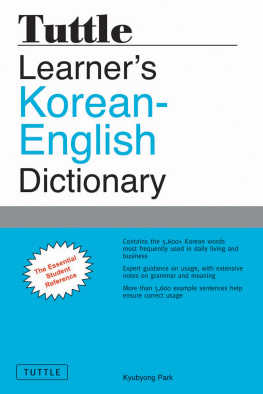
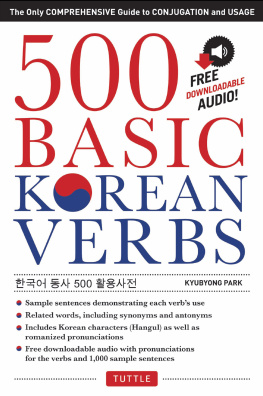
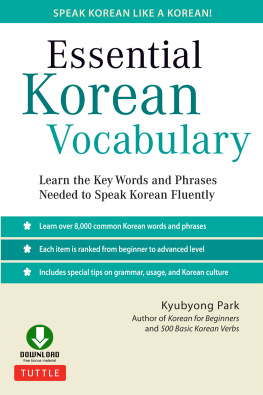
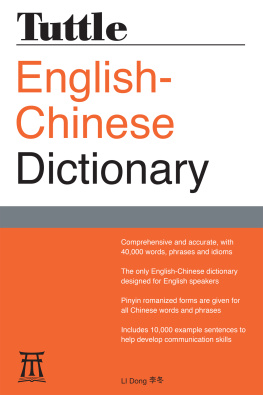
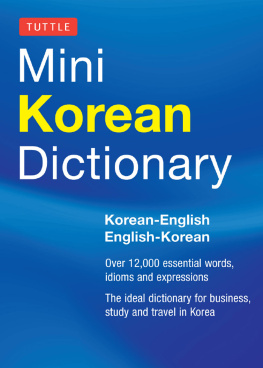
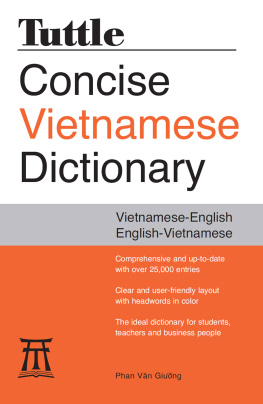
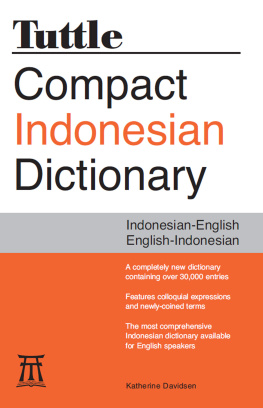
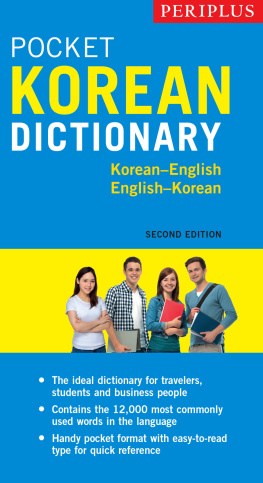
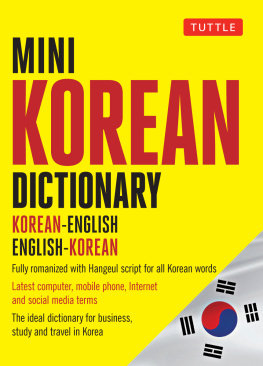
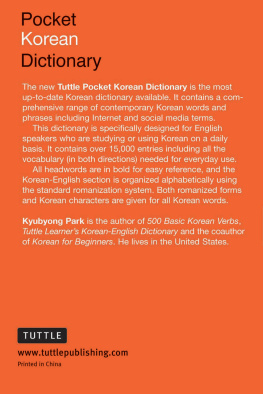
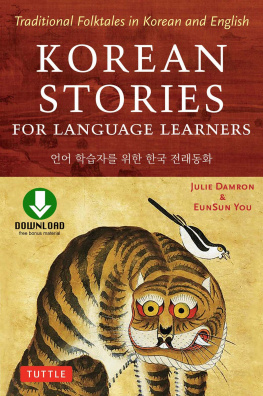
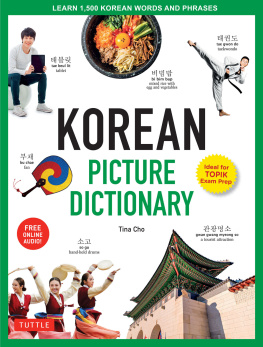
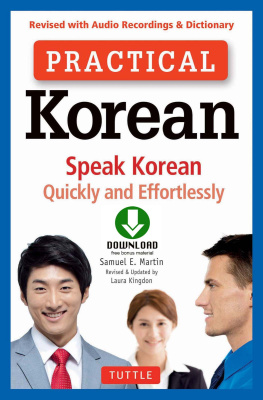
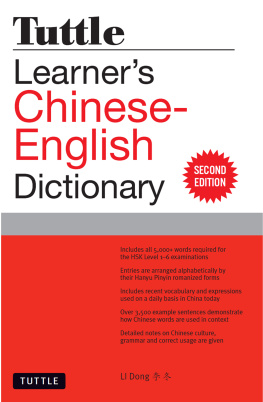
 , . A, jega silssuhaenneyo. Oh, I made a mistake. a PARTICLE = vocative particle
, . A, jega silssuhaenneyo. Oh, I made a mistake. a PARTICLE = vocative particle  / / = keep doing. See the note on gada
/ / = keep doing. See the note on gada  *abeoji NOUN = father ( ANT . )
*abeoji NOUN = father ( ANT . )